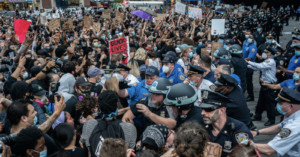
Police Training on Photographers’ Rights Aims to Curb Violence Against Press
After a spate of lawsuits following the George Floyd protests, relations between police and media have never been more strained, or more complicated.

After a spate of lawsuits following the George Floyd protests, relations between police and media have never been more strained, or more complicated.
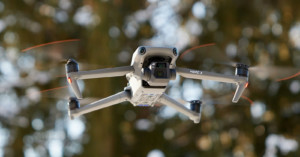
A federal judge has overturned the stringent drone laws in Texas, citing that it is an unconstitutional violation of the First Amendment. The lawsuit challenging the law was brought in 2019 by the National Press Photographer's Association (NPPA).
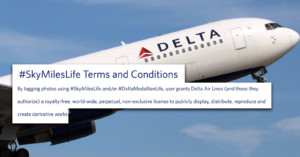
Delta Airlines is the latest in a long line of companies who have egregious overreaching rights grabs baked into a program that uses Instagram hashtags. The company claims massive rights to any images that are tagged using #SkyMilesLife.

On August 3, Ancestry.com -- the largest for-profit genealogy company in the world -- updated its terms and conditions to include new language that gives it the right to use any family photos uploaded to its system for anything it likes, forever and without limits.
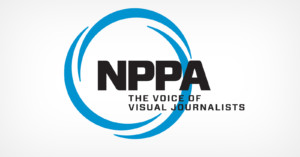
The NPPA has announced that it will instruct police, first responders, and journalists across the United States about citizens' right to record police and officials who are carrying out their public duties.
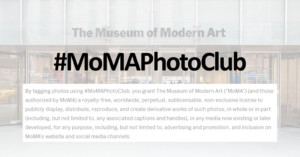
The Museum of Modern Art (MoMA) is soliciting photographers to share photos on Instagram based on monthly themes. Those who participate will be featured on the MoMA's social channels, but also give the museum significant rights to use the photos "for any purpose."
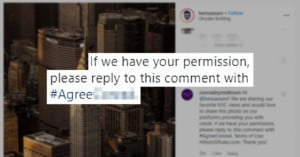
Photographers, beware: if you're ever contacted by a big brand on Instagram or any other social network with a request to "share your photo," make sure you read the fine print of any terms you're shown. If you don't, you could easily be agreeing to give away unlimited usage of your work.
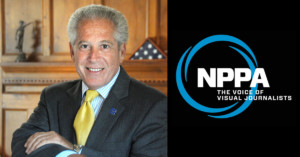
Mickey H. Osterreicher is a lawyer who has served as General Counsel of the National Press Photographers Association (NPPA) since 2006. We had a chat with Osterreicher about his life and the state of photographers' rights.
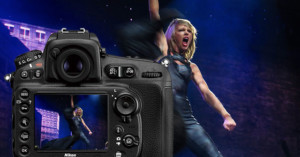
Taylor Swift's concert photography contract recently came under fire for being overreaching and for threatening to destroy photographers' equipment, leading some publications to boycott the contract and obtain photos by other means.
It looks like change has resulted from the controversy: Taylor Swift's concert photo agreement has been revised to address concerns that were raised and to be friendlier toward photographers.
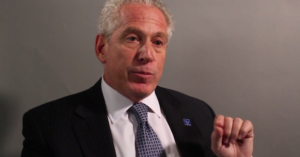
The folks over at PDN recently sat down with National Press Photographers Association attorney Mickey Osterreicher to talk about photographers' rights, police intimidation and how to handle yourself around cops who don't understand what you are and are not allowed to photograph.